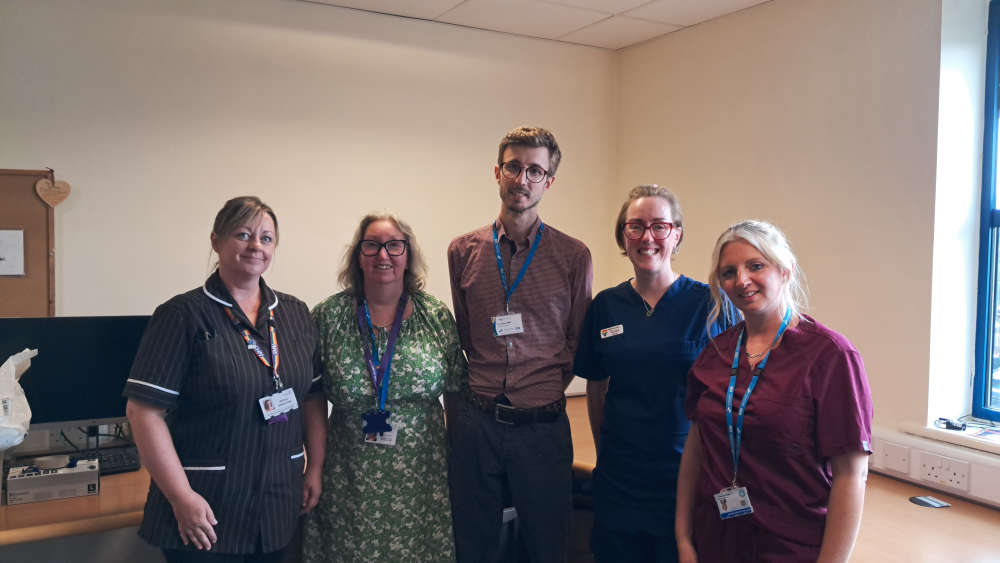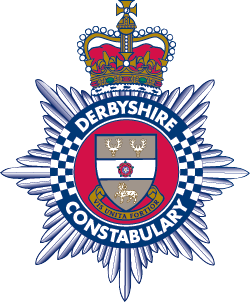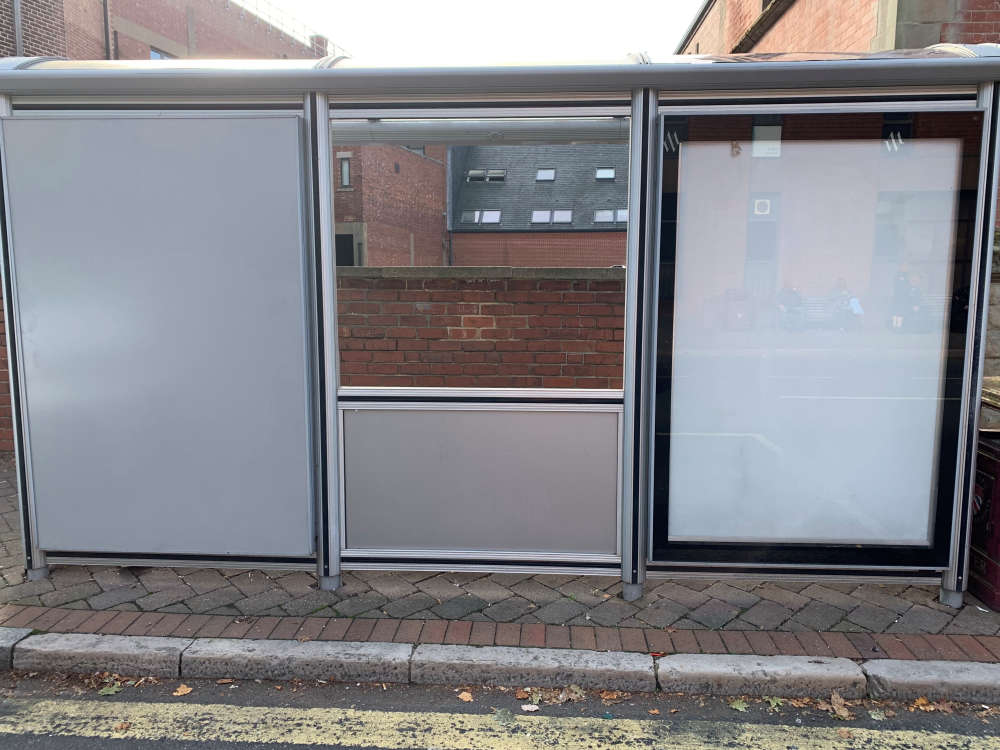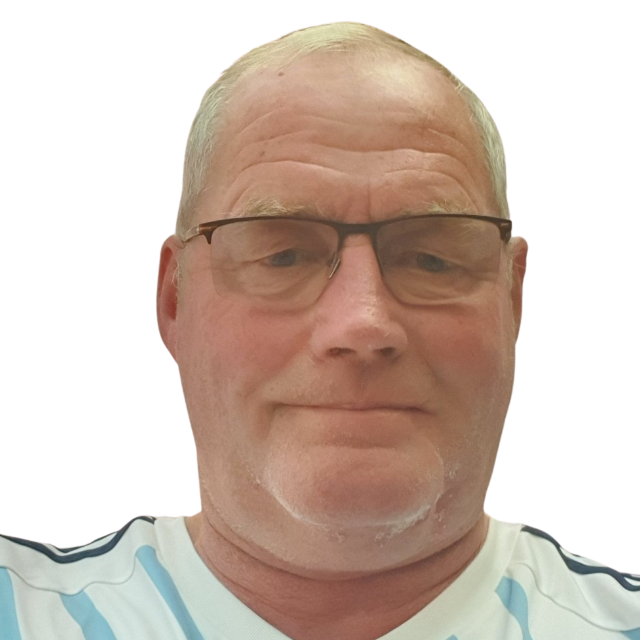
A Derbyshire NHS initiative is reducing hundreds of needless hospital and GP visits for housebound, disabled and frail patients,
The initiative, dubbed Team Up, involves the combined efforts of numerous different healthcare professionals including GPs, paramedics and advanced community practitioners.
In Erewash, there are separate teams for north and south of the borough, with one stationed in Ilkeston and the other in Long Eaton.
The Long Eaton team invited the Local Democracy Reporting Service to discuss the initiative at Long Eaton Health Centre.
Carol Foster, clinical operations lead, said the team makes 485 phone calls to patients each month and 450 monthly visits to care homes, with proactive support provided to 1,850 patients.
There are 10 learning disabilities homes in Erewash and 20 care homes and nursing homes, with a total of 600 housebound patients across the borough living in their own properties.
Care provided by healthcare staff to all of these patients would normally require a GP visit and in many cases, a trip to hospital, with early intervention meaning there is less pressure on these points of access to the NHS for those who it is more crucial.
Across Derbyshire, the Team Up approach, which is to be effectively replicated through the Labour Government’s new 10-year plan for the NHS, has saved 1,000 hospital attendances and 700 admissions, freeing up 3,500 hours a month for GPs.
The team provide care home visits, end-of-life palliative care and also low-risk ambulance call-outs for things like falls, grazes and sprained wrists, minor illnesses and infections.
Ultimately, much of the care provided by the team enables many patients to die in comfort, where they would choose, as opposed to in a healthcare facility.
The team are often the first to attend a patient who may need help in their own home instead of an ambulance, with people like paramedic Caroline Mason able to get there in 30 minutes, with a two-hour target, while an ambulance wait could be eight hours or more, the LDRS was told.
Dr Becky Gladstone, GP partner at West Park Surgery, said: “People aren’t bothered about who it is who is giving them care, they just want you to meet their needs.
“Many of our patients are ending up in hospital when it is not the right place for them.”
“Not all falls need an East Midlands Ambulance Service pick-up or response. We help remove the need for an ambulance and a trip to A&E that is not needed.”
In frequent instances, EMAS is able to pass the baton over to the Team Up squad if they have arrived at a call-out and found it to be a lower-risk incident, enabling them to respond to other calls.
GPs in the area have a high caseload of care home patients and the visits from the Team Up members enable fewer required GP trips and many more, up-to-date checkups on a patient’s condition, including earlier warning signs on things like infections, the LDRS was told.
Dr Gladstone said the team helped a housebound woman to get a comprehensive care plan, enabling her to have her needs met at home instead of being “in and out of hospital”.
Ms Foster said an Ilkeston man who uses a wheelchair was making frequent calls to EMAS and to his GP practice needed a social services assessment to document his needs, but ultimately he just wanted his concerns to be allayed and for someone to listen.
Nicky Singleton, an advanced community practitioner, said patients and their families find NHS services “difficult to navigate” and the team can assist in doing much of this work for them by sharing information between different bodies and raising issues where necessary.
Dr Chris Potts, a community GP based at the Moir Medical Centre in Long Eaton, said the team helps provide “care to the right people, in the right place, at the right time”.
This can include risk management and providing insights for hospital consultants, and “massively reduce inappropriate healthcare admissions”.
Some of the patients who need the team’s support include people with respiratory conditions, delirium, use of oxygen supplies, advanced cancer, dementia, neurological conditions, mental health needs and palliative care.


 Witness appeal after assault in Long Eaton
Witness appeal after assault in Long Eaton
 Warning to check notes as reports of counterfeit cash in Derbyshire
Warning to check notes as reports of counterfeit cash in Derbyshire
 Spruce up for bus shelters in Erewash
Spruce up for bus shelters in Erewash




